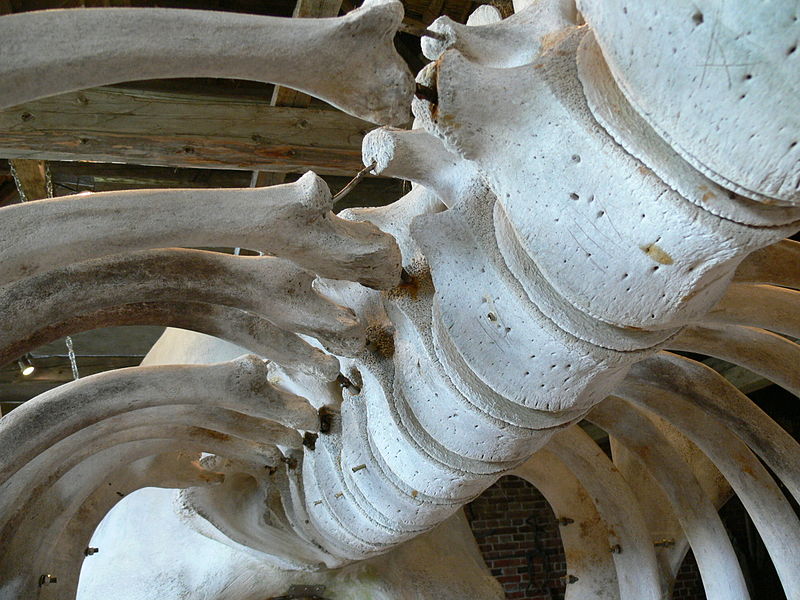 Over 31 million Americans currently suffering from back pain can rest easy knowing that Pitt researchers are shouldering a new effort to study the condition – thanks to grants from the Patient-Centered Outcomes Research Institute (PCORI).
Over 31 million Americans currently suffering from back pain can rest easy knowing that Pitt researchers are shouldering a new effort to study the condition – thanks to grants from the Patient-Centered Outcomes Research Institute (PCORI).
According to a university press release, the University of Pittsburgh will lead a 5-year, $14 million clinical trial to study intervention and early treatment options for back pain.
The Pitt-led study will examine the transition from acute lower back pain to chronic lower back pain, and compare two approaches that can be delivered in a primary care office. The first approach allows physicians to do what they think is best, which is termed “usual care.” The second approach teams up physicians with physical therapists to deliver cognitive behavioral therapy, a specialized therapy designed to help patients put their lower back pain in perspective, allowing them to identify and overcome barriers to recovery.
“Certain patients are more inclined to worry that when their back hurts they are further harming it, causing them to become inactive,” said lead investigator Anthony Delitto, Ph.D., chair of the Department of Physical Therapy in Pitt’s School of Health and Rehabilitation Sciences. “That can seriously impede recovery, cause further damage and lead to chronic back pain. Once the problem becomes chronic, the effects are magnified, even causing some people to lose their jobs and have prolonged difficulty with most daily activities. Chronic lower back pain is clearly something we would like to avoid.”
According to the American Chiropractic Association:
- Low back pain is the single leading cause of disability worldwide, according to the Global Burden of Disease 2010.
- Americans spend at least $50 billion each year on back pain—and that’s just for the more easily identified costs.
- Experts estimate that as many as 80% of the population will experience a back problem at some time in our lives.
The research study will be comprised of 2,640 patients across five regional sites who will be evaluated with standardized tests, measurements and recordings of all MRIs, X-rays, surgeries or other treatments used in order to track their efficacy. Researchers will compare a patient-centered outcome that asks how well the patients perform activities that typically bother people with lower back pain, such as sitting, standing, walking, lifting, traveling and sleeping.
“This is the heart of patient-centered comparative effectiveness research,” said Everette James, J.D., M.B.A., director of Pitt’s Health Policy Institute. “Our mission is to use real-life research to find the right treatment for each patient at the right time.”
